Group leader: Lukasz Rudnicki
The aim of the group is to explore intersections of quantum optics, quantum thermodynamics and open system dynamics. The group’s research interests lay within standard quantum optics, currently, looked at from the perspective of open quantum systems and thermodynamics. We also extensively collaborate with experimental groups concerned with quantum technologies, with emphasis recently put on metrology.
Activity
Open Quantum Systems and Quantum Optics
Among various topics of our interest there are: bosonic systems at a mesoscopic scale, open quantum evolution of Gaussian systems, limitations concerning quantum batteries, non-Markovian dynamics, interplays between work and coherence, as well as potential thermodynamic advantages of indefinite causal order.
Quantum Metrology
We coordinate the QuantERA project “Application-ready superresolution in space and frequency” (ApresSF), and take part in Horizon 2020, FET Open project “Spectral-Temporal Metrology with Tailored Quantum Measurements” (Stormytune). Both projects are devoted to superresolution in quantum metrology.
Keywords: open system dynamics, quantum optics, indefinite causal order, quantum metrology.
Group members
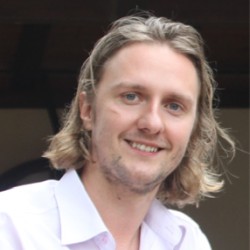
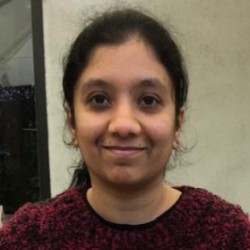
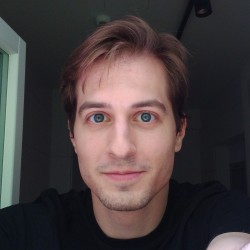
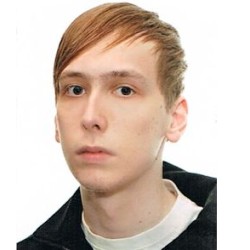
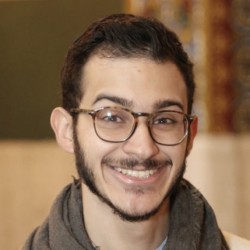
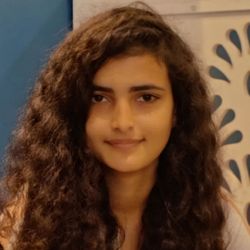
Former members
Konrad Schlichtholz (post-doc in 2024-2025), Otavio Augusto Dantas Molitor (PhD student in 2020-2024), Shahana Aziz (student in 2021-2024), Nina Megier (post-doc in 2022), Tomasz Linowski (PhD sudent in 2019-2023), Stefano Cusumano (post-doc in 2020-2023), Fattah Sakuldee (post-doc in 2020-2023)